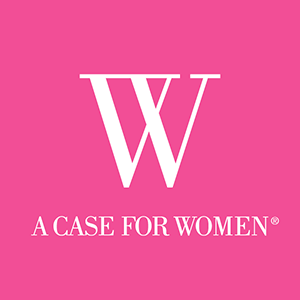Sharing Options for Different Groups
It must be acknowledged that minorities and any marginalized groups are often the most vulnerable and the ones who struggle the most to gain protection and helpful resources. Therefore, not all sharing groups would be right for a survivor of sexual violence when factors such as race, class, ethnicity, and disability make them particularly vulnerable to sexual assault.
SASSMM (Sexual Assault Support Services of Midwest Maine) is an organization that is committed to providing support to anyone impacted by sexual violence, regardless of their race, ethnicity, gender, sexuality, class, ability, or any other identity. SASSMM says on its website, “For survivors of sexual violence with marginalized identities, their experiences may be impacted by the oppression or discrimination they face. Their concerns may be related to the assault itself, but also may relate to their treatment in systems following the assault, from healthcare to legal to criminal justice.”
Young Adults and Teens
Young adults and teens can have a particularly hard time opening up about what has happened to them. But there are safe places for a teen to tell their sexual assault story. Love Is Respect is a website that is specifically designed for young survivors. Love is Respect is the national resource to disrupt and prevent unhealthy relationships and intimate partner violence by empowering young people through inclusive and equitable education, support, and resources. It offers 24/7 information, support, and advocacy to young people between the ages of 13 and 26, and a Live Chat.
Another resource specifically designed for young people is The National Runaway Safeline’s Online Forum. It is available 24/7 to support young people through a crisis, provide resource referrals, and offer a listening ear.
LGBTQ+ Community
Those survivors in the LGBTQ+ community have resources available such as The Trevor Project’s Crisis Intervention Hotline. The Trevor Project is the leading suicide prevention and crisis intervention nonprofit organization for LGBTQ+ young people and provides information and support to LGBTQ+ young people 24/7, all year round. Another is the LGBT National Help Center’s Peer Support Group where one can connect one-to-one through instant message (IM) with a peer support volunteer.
Marginalized Populations
Creating safe spaces for survivors from marginalized communities to share their stories is paramount because these survivors face challenges already because of their race, ethnicity, gender, or sexuality, among others. The National Indigenous Women’s Resource Center provides national leadership to end violence against American Indian, Alaska Native, and Native Hawaiian women by lifting up the collective voices of grassroots advocates and offering culturally grounded resources, technical assistance and training, and policy development to strengthen tribal sovereignty. Stronghearts Native Helpline is a safe, anonymous, and confidential domestic and sexual violence helpline for Native Americans and Alaska Natives, offering culturally appropriate support and advocacy. Survivors can chat online safely and securely.


